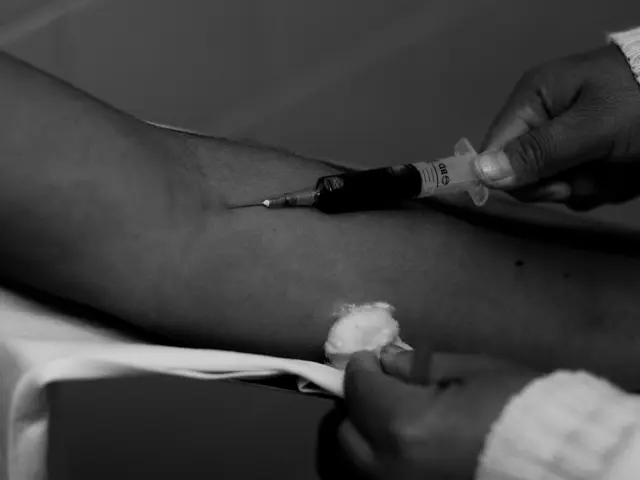Scientists Create Human Eggs from Skin Cells, Offering Hope to Infertile Women and Same-Sex Couples
Scientists at Oregon Health and Science University have made a significant breakthrough in in vitro gametogenesis (IVG). They've created human eggs from adult skin cells, opening doors for infertile women and same-sex couples. However, ethical concerns about 'designer babies' and DNA misuse persist.
The team, led by Shoukhrat Mitalipov, transformed skin cell nuclei into fertilizable human eggs using nuclear transfer. This method replaces most of the DNA in a donor egg with DNA from another woman's skin cell. They successfully produced 82 functional eggs and some embryos reached the blastocyst stage.
While this is a major step forward, all embryos still had genetic abnormalities, preventing healthy development. Despite these setbacks, the technology's potential benefits are substantial. Millions of women struggling with infertility could potentially conceive using this method. Moreover, it could enable gay couples to have babies genetically related to both partners.
This breakthrough in IVG is a significant step forward, offering hope to infertile women and same-sex couples. However, it also raises serious ethical, social, and legal concerns, such as the potential for 'designer babies' or unauthorized DNA use. With proper oversight, this technology could revolutionize assisted reproduction, but its responsible implementation is crucial.
Read also:
- Impact of a Government Shutdown on Citizens
- Medical Specialist Based in Visakhapatnam
- Individuals in New York afflicted by Legionnaires' disease have legitimate legal entitlements. Here's some essential information on the matter.
- Toxic Shock Syndrome: Signs, Origins, Tampon Connection, and Further Details








